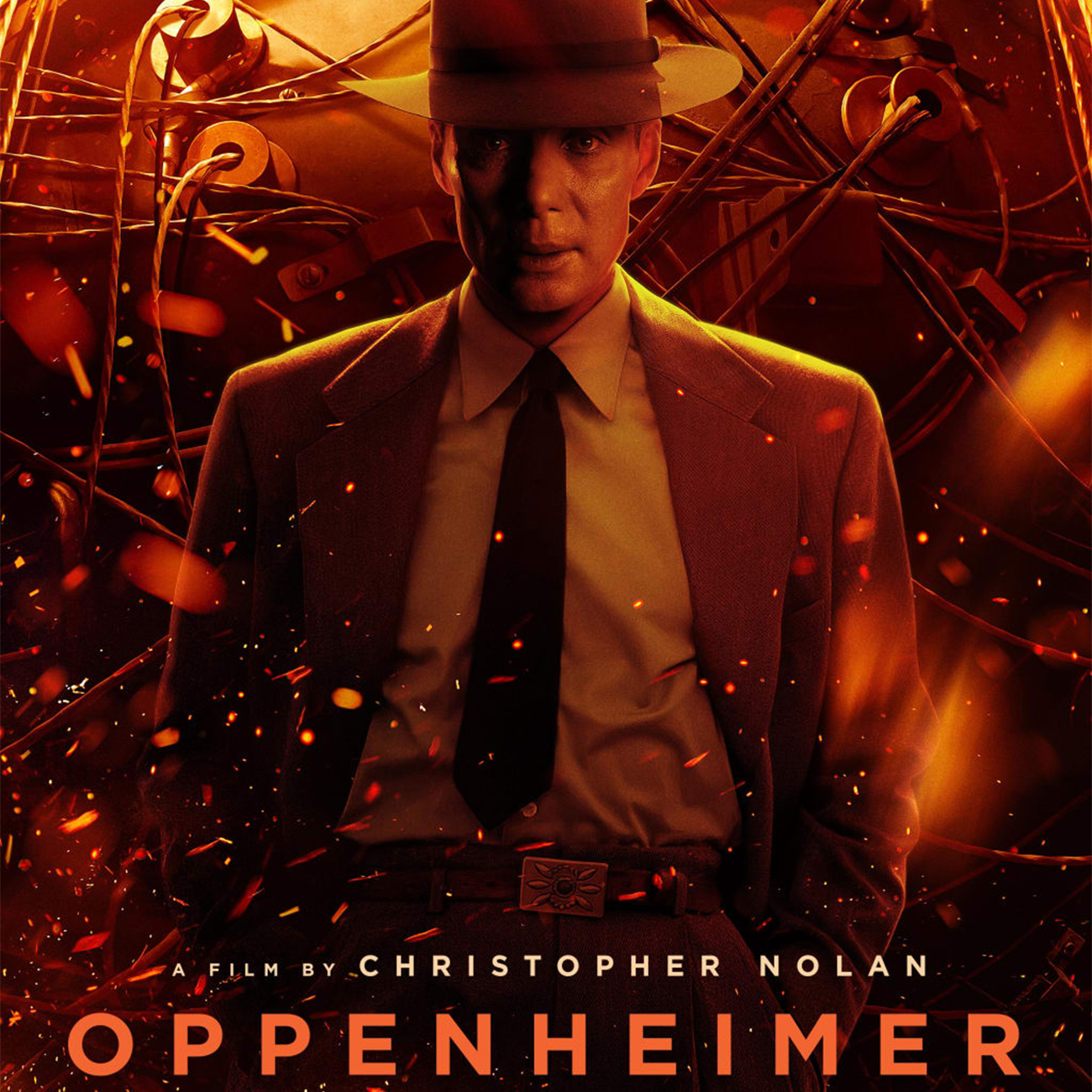
LOS ALAMOS, New Mexico, July 17, 2023–A modern-day successor to J. Robert Oppenheimer took an active role last year in urging the Department of Energy to nullify a 70-year-old government decision that revoked the atomic bomb inventor’s security clearance.
Dr. Thom Mason, current Director of the Los Alamos National Laboratory in New Mexico, describes the action he and eight former lab directors took in this week’s episode of the Gone Fission Nuclear Report podcast. Oppenheimer, who died in 1967 at age 62, served as the first director of the Los Alamos Lab then known under its secret wartime name, Project Y.
His controversial story is recounted in the summer blockbuster film “Oppenheimer” which opens in theaters nationwide Friday (July 21).
Last December, Secretary of Energy Jennifer Granholm announced that the Department of Energy (DOE) had vacated the Atomic Energy Commission’s 1954 decision to revoke Dr. Oppenheimer’s security clearance. A joint letter signed by Mason and eight former Los Alamos lab directors supported nullifying the AEC action rather than restoring Oppenheimer’s clearance.
In an extensive interview, Mason tells Gone Fission podcast host Michael Butler that Oppenheimer never expressed regret about his role in developing the world’s first atomic bomb.
OPPENHEIMER VIDEOCAST: https://www.youtube.com/watch?v=ehK4Y5iVRvU&t=1021s
“His position was that it was a time of war, and we were in a race with the Nazis to develop the atomic bomb,” Mason said. “If Hitler got the bomb first, it would be dire. His concern was, now that the science has been revealed and we have the bomb, how are we going to manage it so we avoid the consequences of this massive destructive power.
“Oppenheimer was very conscious of the moral and ethical dimensions but also very clear that, in a time of war, he did what his country needed him to do,” Mason said.
In weighing in on DOE’s decision to re-evaluate Oppenheimer’s security clearance, Mason said he and his colleagues thought it was important to reframe the question being posed, shifting the focus from actively reinstating Oppenheimer’s security clearance to simply vacating the government’s 1954 decision to revoke his clearance as DOE eventually decided to do.
“In some sense, what does restoring the clearance of someone who is deceased really mean,” Mason asks. “We’re not able to benefit from his advice, and we’re not at risk from his indiscretions.”
Mason called nullification rather than reinstatement a “better outcome because it sends a clear message that what the U.S. government did in his case was wrong.”
Gone Fission Nuclear Report (www.gonefissionpodcast.com) covers news from DOE’s Environmental Management program. The podcast is ranked in the Top 100 in Apple’s Business News category which contains over 2,000 podcasts.

